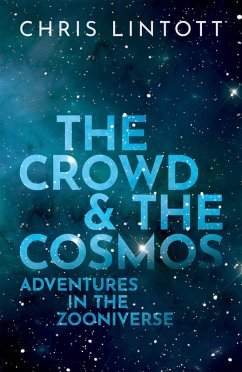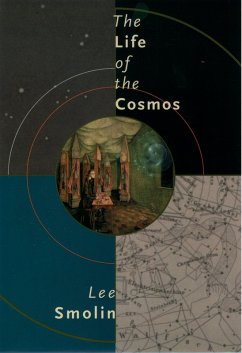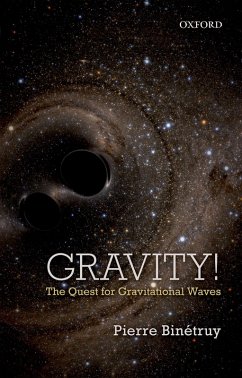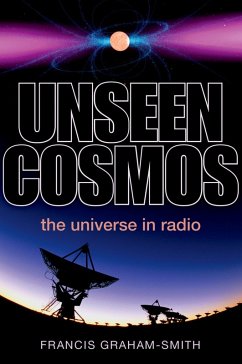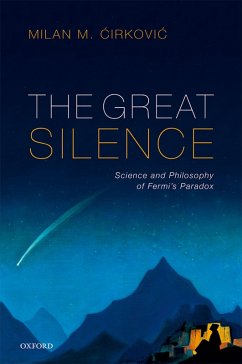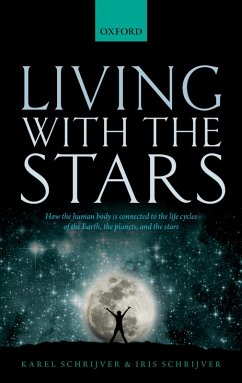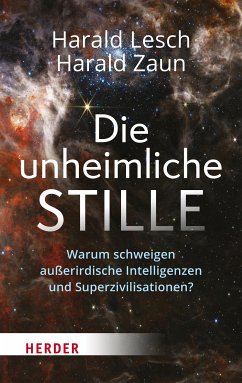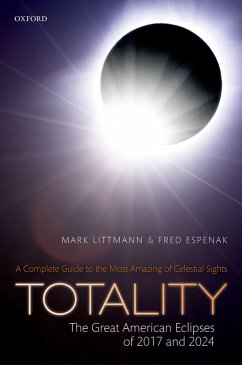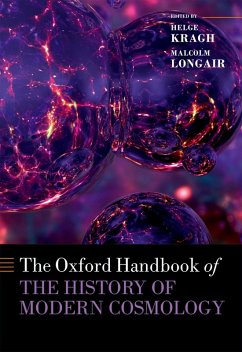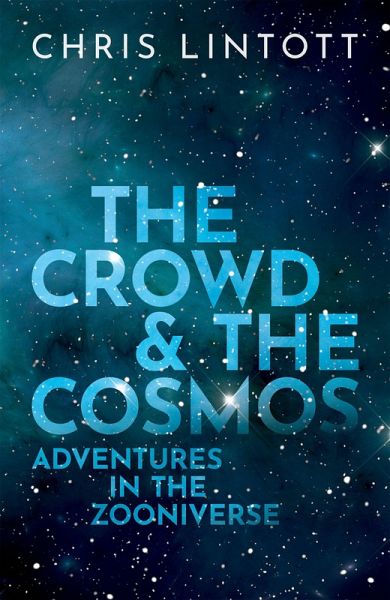
The Crowd and the Cosmos (eBook, PDF)
Adventures in the Zooniverse
Versandkostenfrei!
Sofort per Download lieferbar
6,99 €
inkl. MwSt.
Weitere Ausgaben:

PAYBACK Punkte
3 °P sammeln!
'fascinating' Brian Cox This is the story of citizen science. Where once astronomers sat at the controls of giant telescopes in remote locations, praying for clear skies, now they have no need to budge from their desks, as data arrives in their inbox. And what they receive is overwhelming; projects now being built provide more data in a few nights than in the whole of humanity's history of observing the Universe. It's not just astronomy either--dealing with this deluge of data is the major challenge for scientists at CERN, and for biologists who use automated cameras to spy on animals in thei...
'fascinating' Brian Cox This is the story of citizen science. Where once astronomers sat at the controls of giant telescopes in remote locations, praying for clear skies, now they have no need to budge from their desks, as data arrives in their inbox. And what they receive is overwhelming; projects now being built provide more data in a few nights than in the whole of humanity's history of observing the Universe. It's not just astronomy either--dealing with this deluge of data is the major challenge for scientists at CERN, and for biologists who use automated cameras to spy on animals in their natural habitats. Artificial intelligence is one part of the solution--but will it spell the end of human involvement in scientific discovery? No, argues Chris Lintott. We humans still have unique capabilities to bring to bear--our curiosity, our capacity for wonder, and, most importantly, our capacity for surprise. It seems that humans and computers working together do better than computers can on their own. But with so much scientific data, you need a lot of scientists--a crowd, in fact. Lintott found such a crowd in the Zooniverse, the web-based project that allows hundreds of thousands of enthusiastic volunteers to contribute to science. In this book, Lintott describes the exciting discoveries that people all over the world have made, from galaxies to pulsars, exoplanets to moons, and from penguin behaviour to old ship's logs. This approach builds on a long history of so-called 'citizen science', given new power by fast internet and distributed data. Discovery is no longer the remit only of scientists in specialist labs or academics in ivory towers. It's something we can all take part in. As Lintott shows, it's a wonderful way to engage with science, yielding new insights daily. You, too, can help explore the Universe in your lunch hour.
Dieser Download kann aus rechtlichen Gründen nur mit Rechnungsadresse in A, B, BG, CY, CZ, D, DK, EW, E, FIN, F, GR, HR, H, IRL, I, LT, L, LR, M, NL, PL, P, R, S, SLO, SK ausgeliefert werden.




